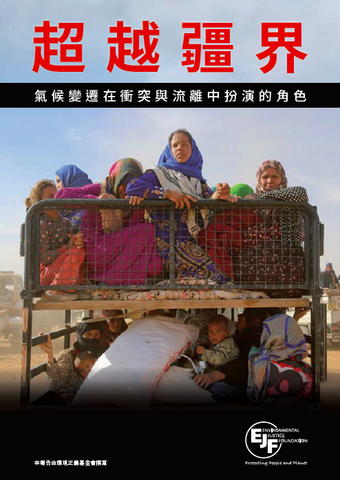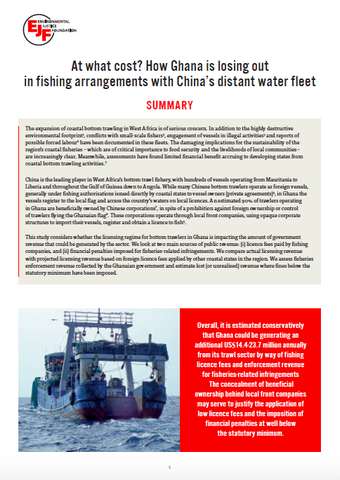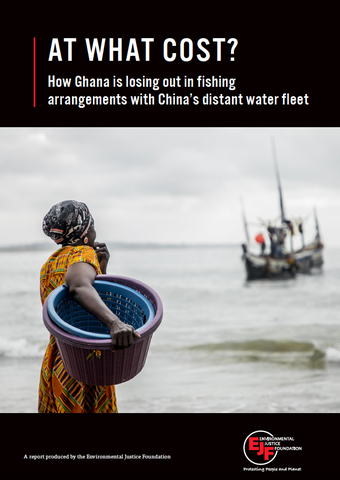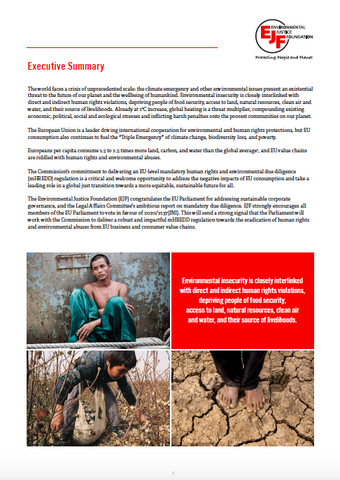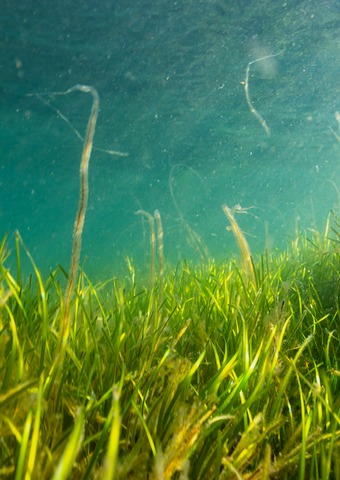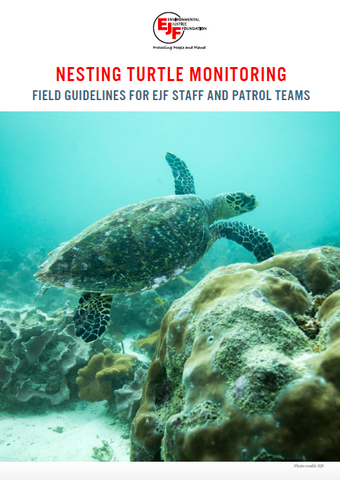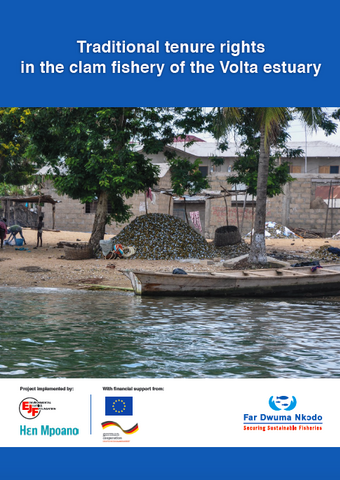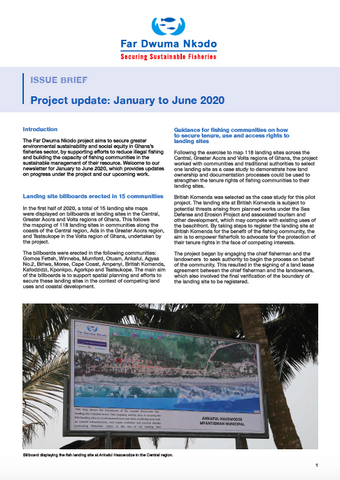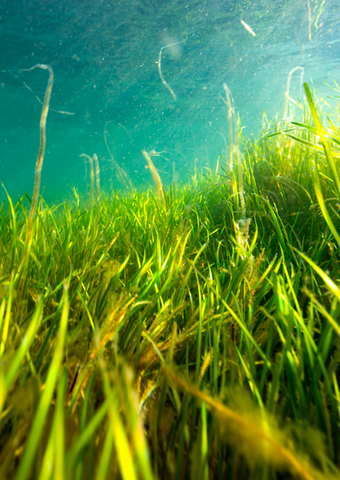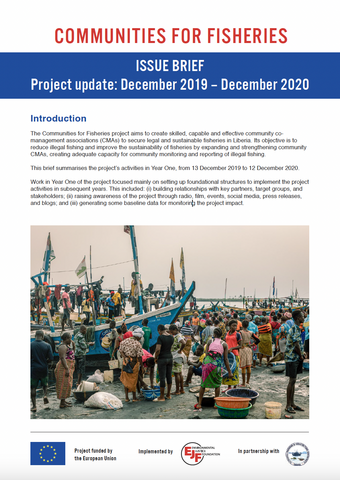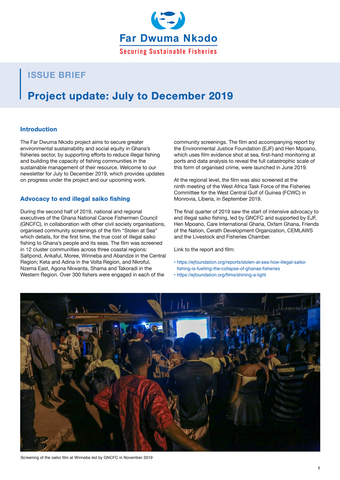EJF briefing in response to planned EU Parliament vote on Sustainable Corporate Governance report 2020/2137(INI): EJF urges the EU Parliament to vote 'YES' on the Legal Affairs' Committee report on Sustainable Corporate Governance and take a leadership role in preventing human rights and environmental abuses in EU value chains.
Traditional tenure rights in the clam fishery of the Volta estuary: This report examines traditional management and tenure arrangements in the clam fishery of the Volta river estuary and provides recommendations for ensuring the sustainability of the clam fishery, which is critical for local livelihoods and food security.
Communities for Fisheries project update - December 2019-December 2020: The EU-funded Communities for Fisheries project aims to create skilled, capable and effective community co-management associations (CMAs) to secure legal and sustainable fisheries in Liberia. This brief summarises the progress made under the project from December 2019 to December 2020.
